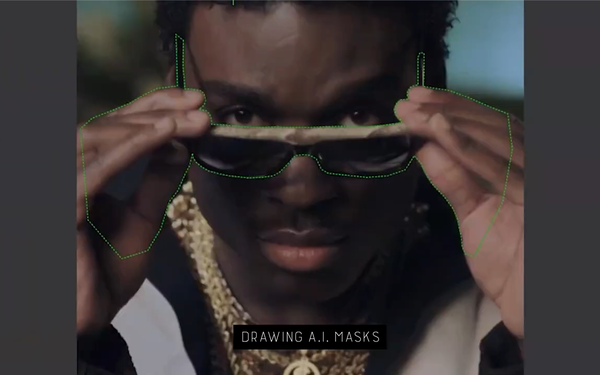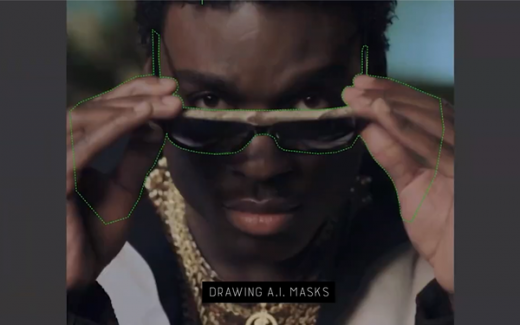Google Bans Training For Deepfakes In Colab, Distancing Project From Porn
Google Bans Training For Deepfakes In Colab, Distancing Project From Porn

Google Research’s Colaboratory (Colab) project has quietly banned the use of deepfakes with the technology that allows anyone to write and execute random python code through the browser for free. The project works well with machine learning, data analysis and education.
Deepfakes, which have been used to spread fake news, can be trained to add realistic facial expressions in video clips to make the image seem genuine, although it is fake. Some believe the lack of ethical restrictions has been the main source of concern.
Colab, a cloud-based service written as an alternative to Jupyter Notebook, a web-based interactive computing platform, made the process easy for those with no coding background. There’s nothing to download and install, so it can be accessed from most devices with internet access. It’s meant to make it easier to share notes.
There are forums to discuss and learn how to create the images, but Google’s restriction is expected to strongly impact the process. Many users relied on pre-trained models using Colab to “jump-start their high-resolution projects,” according to one report.
Google also offers Colab as a paid service. The Paid Services include subscriptions and other Google services. It allows subscribers to connect to other Google services or to non-Google third-party services.
A convincing deepfake video of Tom Cruise went viral last year on TikTok. It generated more than 100 million views, which led the video’s creator, Chris Umé, to cofound an “ethical” AI-generated content company called Metaphysic, which raised $7.5 million from Logan Paul, Winklevoss Capital, and other venture capital firms.
The goal of the company, Metaphysic, was to create profitable, commercial deepfake content for clients like Gillette, and move deepfake technology away from its heinous origins in the world of non-consensual pornography, according to one media outlet.
Some non-consensual deepfake porn creators credit their work to DeepFaceLab, a connection that the project’s Github actively promotes. Its Github page links multiple times to Mr. Deepfakes, a deepfake porn site on the internet.
The page sends users to Mr. Deepfakes to find DeepFaceLab’s “main guide,” datasets that make deepfakes possible. Perov, DeepFaceLab’s main developer, and Nikolay Chervoniy, the main developer of a DeepFaceLab offshoot, uses Google Colab to generate deepfakes instead of expensive graphic cards, according to the media outlet Vice.
(31)


